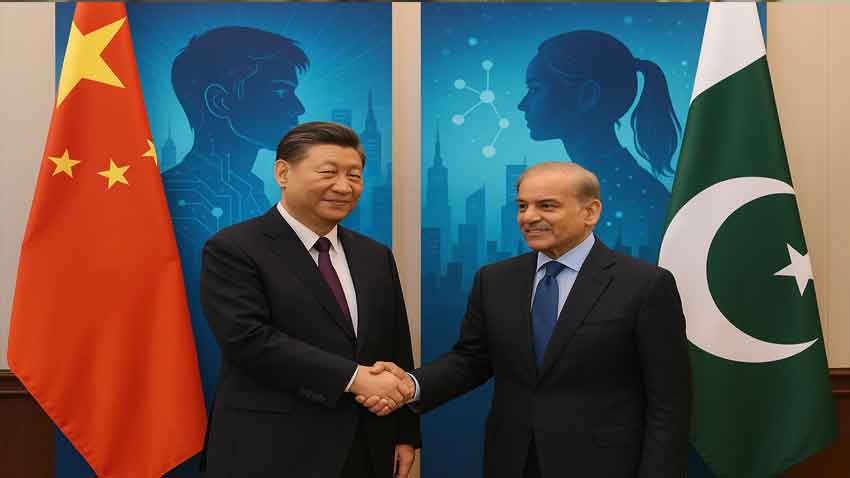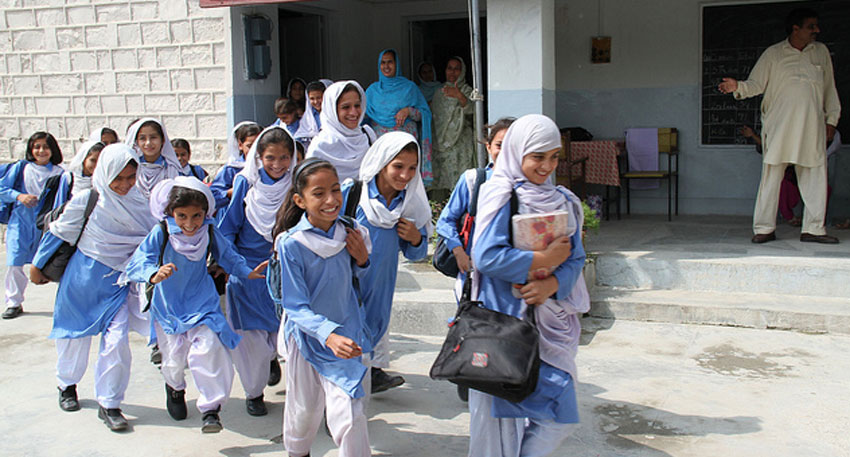
Minister for Planning, Development and Special Initiatives Professor Ahsan Iqbal described the agreement reached between the vocational training institutions of the two countries as a ‘transformative journey’ for Pakistan’s next generation.
“This agreement is not just a ceremonial gesture, it is part of a transformative journey for Pakistan’s youth, envisioned under the URAAN Pakistan program as well as the China-Pakistan Economic Corridor (CPEC),” the minister said in a televised address at the signing ceremony held in Beijing (China).
Through this collaboration, he said, Pakistan and China aimed to empower the younger generation with future-ready skills, turning the country’s demographic potential into economic strength.
With two-thirds of the population under the age of 30, he said Pakistan has one of the youngest workforces in the world, an asset called the country’s “greatest advantage.
However, he cautioned that in an era defined by artificial intelligence, robotics, big data, and green technologies, traditional jobs were rapidly disappearing, while new opportunities require entirely different skill sets.
“The Fourth Industrial Revolution rewards nations that invest in skills, innovation, and adaptability. If we fail to prepare, we risk losing a generation. But if we act boldly, Pakistan can leap into a new era of industrialization and prosperity,” he said.
Read more: Expired ID card? Nadra’s new renewal system might surprise you
Under the URAAN Pakistan program and the National Economic Transformation Plan, Ahsan Iqbal said youth skill development was positioned as a strategic pillar within the government’s “5Es” framework.
The minister outlined ambitions to create new centers of vocational excellence modeled on Chinese institutions, integrate artificial intelligence and smart technologies into training programs, and expand offerings in renewable energy, IT, robotics, e-commerce, and advanced manufacturing, all aimed at preparing more youth for the digital age.
He highlighted that the National Vocational and Technical Training Commission (NAVTTC) has already trained 1.5 million young Pakistanis, with 70 percent placed in productive employment, increasing graduates’ incomes by 30 percent.
“Yet we know this is just the beginning,” Iqbal said. “The China-Pakistan Economic Corridor is set to create thousands of new jobs in the coming years.”
He stressed the urgent need to build a workforce equipped for modern industries, as the next phase of CPEC shifts focus to business-to-business cooperation and industrial development.
He recalled that China’s own rise from agrarian society to technological powerhouse was fueled by massive investment in vocational education and future skills, adding “We have to bring that global model to Pakistan.”




